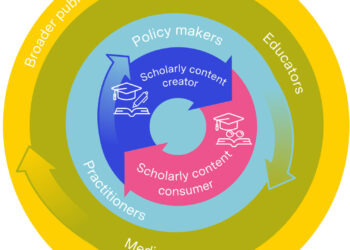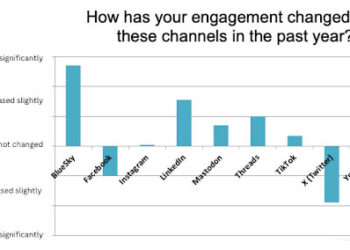 Image via CrunchBase, source unknown
Image via CrunchBase, source unknown A recent story in the New York Times suggests how technology accessibility and trends might allow education to evolve even further than they have already. Now, Apple is working to give away iPhones to incoming students, and universities see the give-aways as important perks to attract incoming freshmen.
Apple has always had an affinity for education, seeing the schools as places to establish an early preference for its products. Years ago, free Macs were part and parcel with K-12 schools and universities. With the basic iPod, Apple established iTunes U, a way for universities to use iTunes as a portal into classroom materials — including audio and video lectures and multimedia.
Now, with the iPhone, Apple appears to be pushing further. Students have to pay for a wireless plan if they take the iPhone, a boon for AT&T, but since the iPhone can use a campus’ wireless network, other options might exist. Leave it to clever college kids to find a way.
Of course, the predictable worries about students being distracted in class by multitasking spring up in the Times report (sometimes, it’s like reporters are working from a script).
The more creative academics and educators foresee interesting applications for the iPhone, with its multimedia prowess and GPS functionality:
“Alien Contact,” for example, is an exercise developed for middle-school students who use hand-held devices that can determine their location. As they walk around a playground or other area, text, video or audio pops up at various points to help them try to figure out why aliens were in the schoolyard.
“You can imagine similar kinds of interactive activities along historical lines,” like following the Freedom Trail in Boston, Professor Dede said. “It’s important that we do research so that we know how well something like this works.”
Lectures have their place, but portable tools like the iPhone, if used properly, can provide major mental stimulation, rich and reinforcing learning experiences, and interactivity with peers nearby and far away.
Isn’t that what education is about?
![Reblog this post [with Zemanta]](http://img.zemanta.com/reblog_e.png?x-id=6d7b59a7-50ef-48b9-bfcc-1eb91c8206a2)


